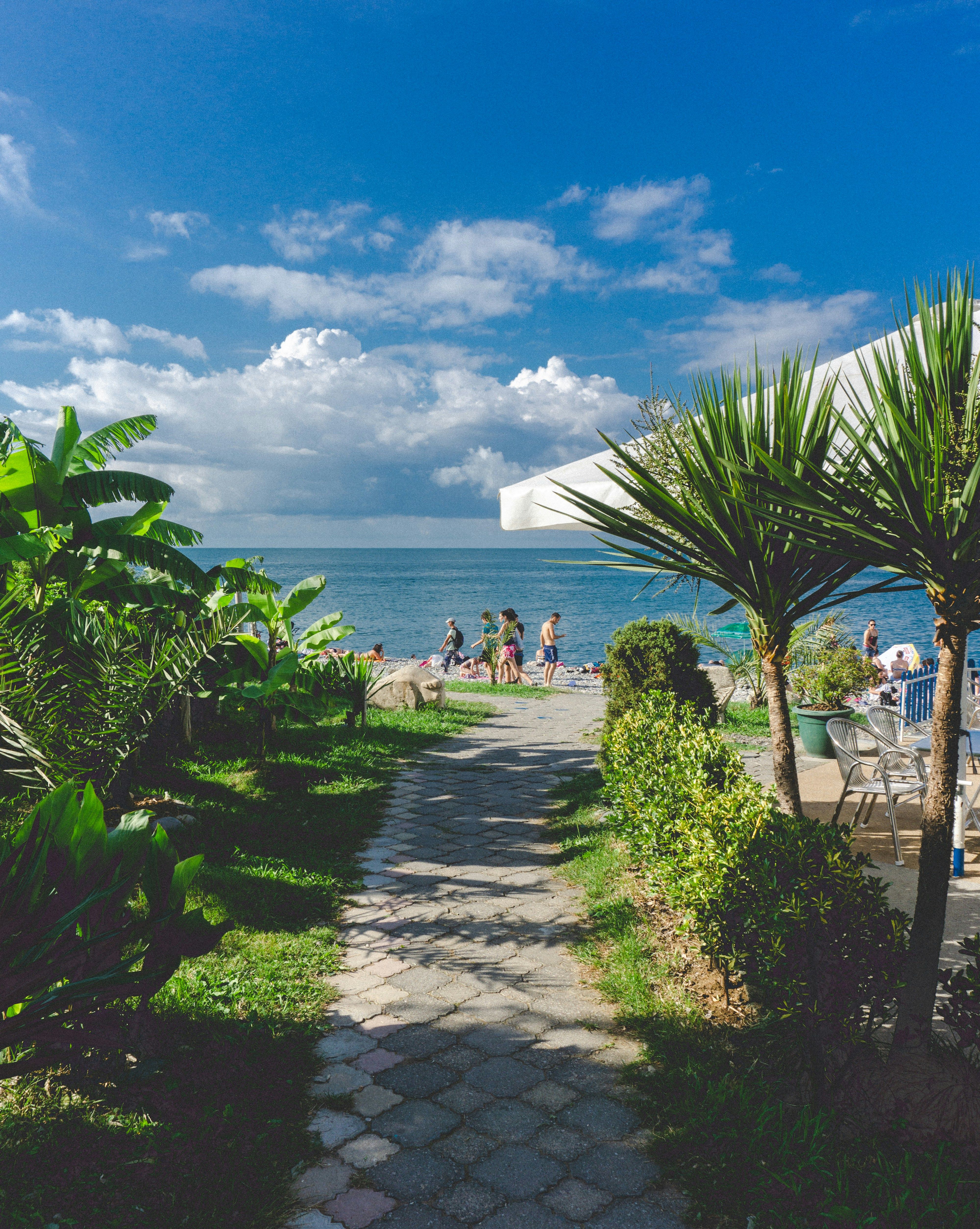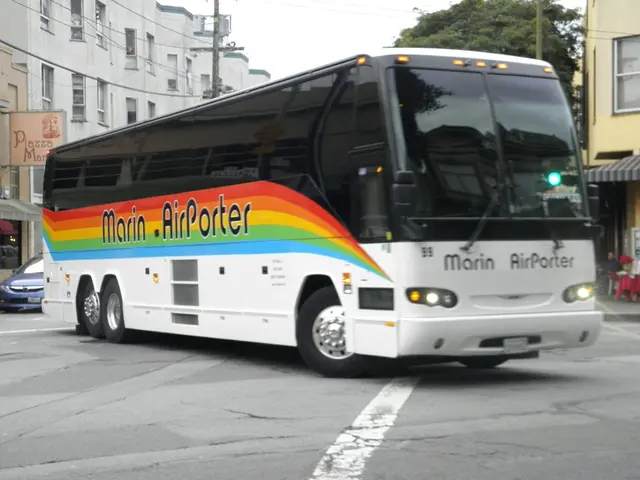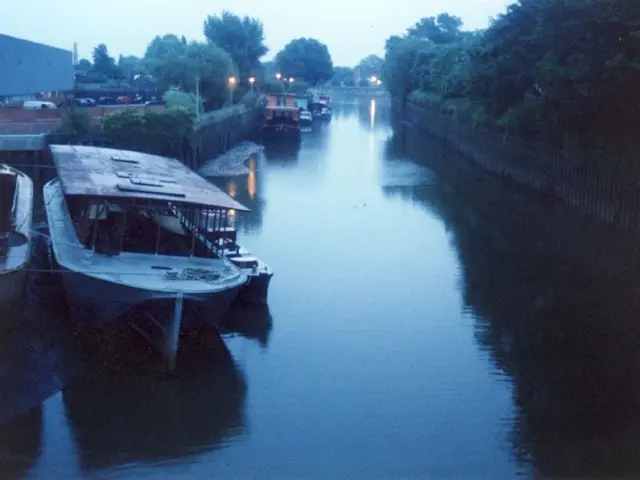Enhanced Traffic Flow between Hamburg and Berlin: Governments Seek Innovative Road Alternatives - Proposals Already Put Forward by The Commission
Comprehensive Renovation of Hamburg-Berlin Railway Line Sparks Calls for Enhanced Replacement Traffic
Seven federal states have voiced their concerns about the upcoming comprehensive renovation of the Hamburg-Berlin long-distance railway route, which is due to commence in August 2025. In a letter to Federal Minister of Transport Patrick Schnieder (CDU), they have emphasized the need for improved organization of rail replacement traffic during the nine-month full closure.
The states - consisting of Berlin, Brandenburg, Hamburg, Mecklenburg-Vorpommern, Lower Saxony, Saxony-Anhalt, and Schleswig-Holstein - have outlined their demands in a letter dated May 19. Published on Tuesday, the letter was initially reported by the "Tagesspiegel" and the "Nordkurier".
Key concerns include the necessity for appropriate replacement traffic services for municipalities and regions affected by the total closures, reliable financing for the replacement traffic on road and rail, and sufficient capacity for freight traffic on detour routes.
The Route and Impact
The section between Berlin and Hamburg will undergo complete closure and comprehensive renovation from August 2025 to April 2026. Over 230 trains and approximately 30,000 passengers use the route daily, making it a crucial direct connection. The route spans approximately 280 kilometers.
In long-distance traffic, trains will be redirected through Stendal, Uelzen, and Salzwedel, adding 45 minutes to the travel time for passengers. In regional traffic, some regional lines will provide fast train connections to Berlin and Hamburg. Cancelled stops will be serviced by buses - albeit with potentially significantly longer travel times.
Deutsche Bahn's Response
Deutsche Bahn has assured passengers that adequate mobility options will be available during the renovation, both in regional and long-distance traffic. Close cooperation among the seven transport associations responsible for regional transport and the railway companies, DB included, has led to the development of a concept. More than 170 buses will be deployed as replacement for cancelled train connections. These bus lines are ordered by the transport associations of the respective federal states.
Esoteric Issues and Hurdles
Brandenburg's Minister of Transport Detlef Tabbert (BSW) has expressed the need for clear guarantees from the federal government for reliable financing of replacement traffic and investments in the necessary infrastructure. Additionally, the states have requested the establishment of a "corridor committee" involving all relevant actors to manage the projected impacts of the major infrastructure project.
Further Developments
The renovation project includes modernizing the rail and overhead lines, switches, signal boxes, and stations along the line. During the renovation, ICE trains will be rerouted via Uelzen, increasing travel times by 45 to 60 minutes for passengers. A total of 210 specially designed buses, including 142 articulated and 66 solo buses equipped with Wi-Fi and USB ports, will be used as a replacement for the cancelled train connections. These buses, supplied by Iveco for longer routes, will also feature restrooms. The renovation will affect long-distance trains from Prague to Hamburg, Kiel, and Flensburg, which will only run between Prague and Berlin. Passengers will need to transfer to DB long-distance trains operating on a diversion route.
The concern lies in ensuring seamless passenger connectivity during the renovation period and maintaining the efficiency of regional services. To be updated on future developments regarding this story.
In the ongoing debate, the issue of ensuring appropriate financial support for replacement traffic, both on road and rail, has been raised by several states, given the comprehensive renovation of the Hamburg-Berlin railway line. The need for a collaborative "corridor committee" involving all relevant actors to address potential challenges and manage the impacts of this substantial infrastructure project has also been proposed.








